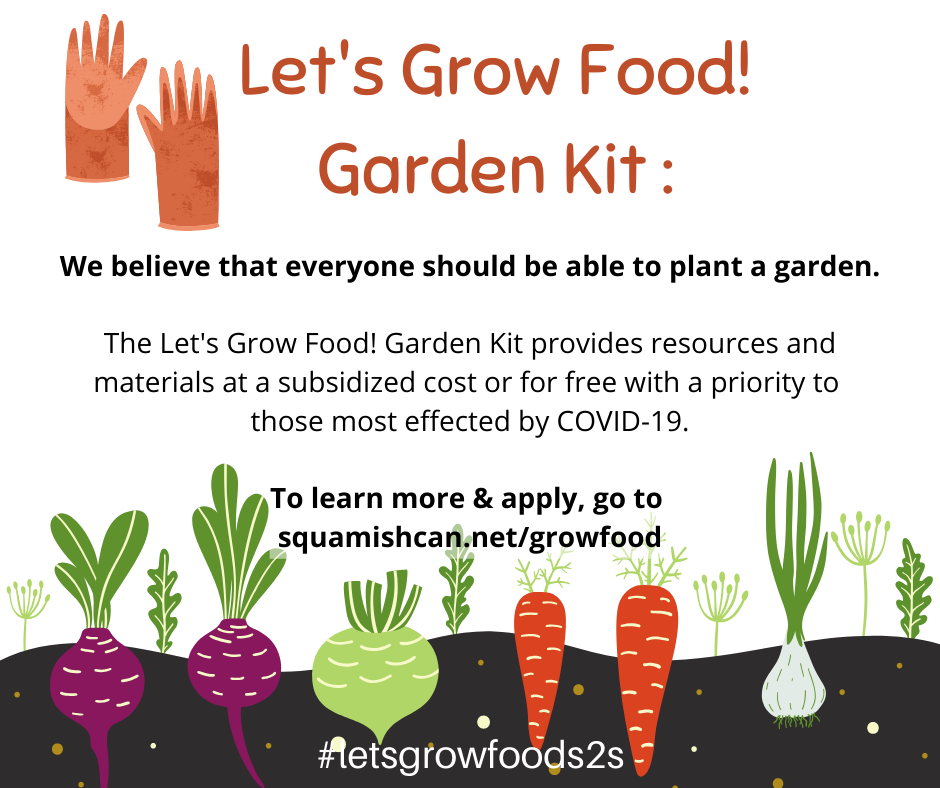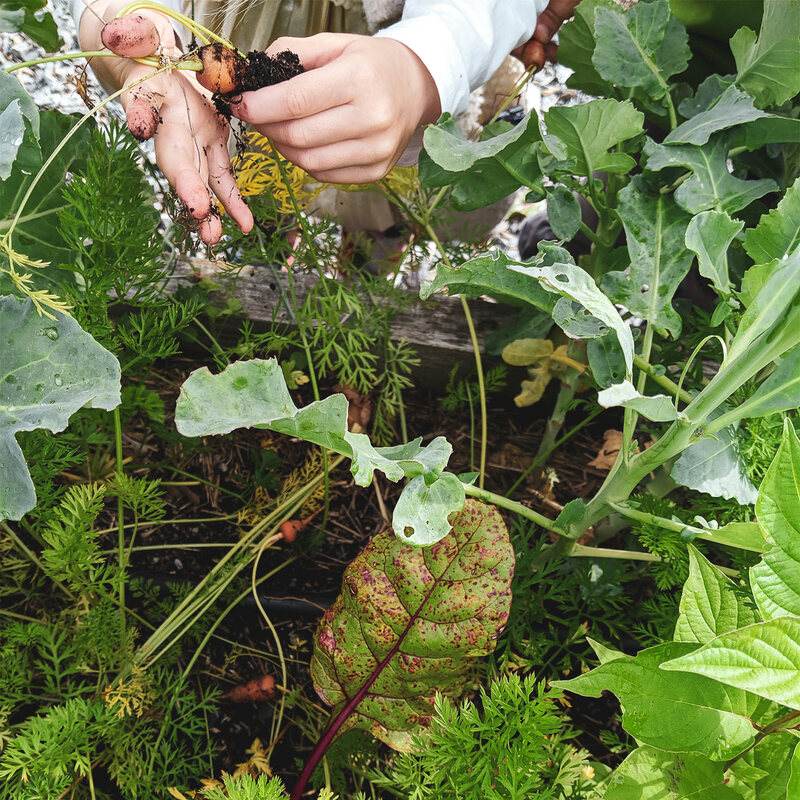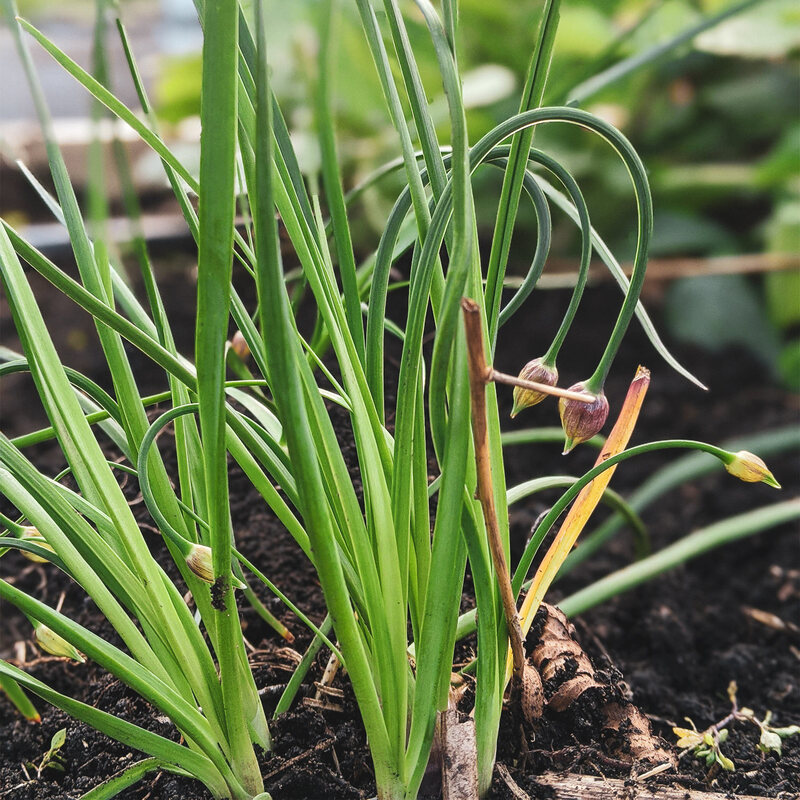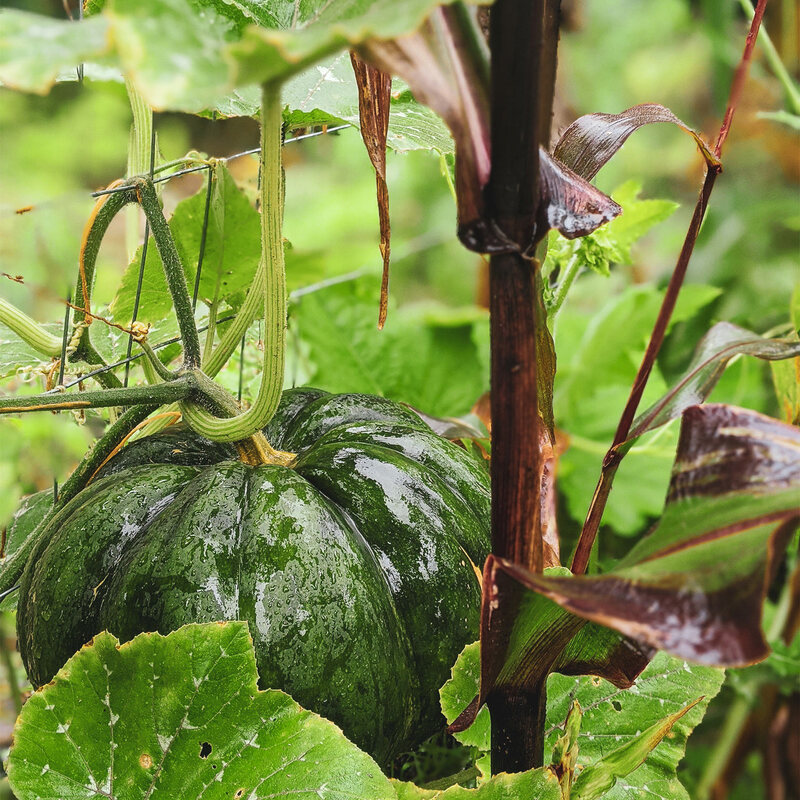|
We know that gardening is good for our mental health and wellbeing. As COVID-19 continues to change our lives in unforeseen ways, the act of growing food sustains us and gives us purpose, nourishment, connection, and closeness to nature. That's why we started a new program called "Let's Grow Food!", in efforts to support and inspire residents of the Southern Sea-to Sky in growing food at home, saving seeds, building resilience, celebrating the harvest, and sharing the bounty with those in our community who need it most.
Excited to get growing? Us too! We're in it together, so sign-up for the occasional newsletter on the ins and outs of growing food, helpful garden reminders, resources, volunteer opportunities, FAQ's, and the stories from your garden. |
COVID-19
Our communities and nations have been responding to unprecedented times in the wake of a global pandemic. Food systems work is changing and responding to the effects of COVID-19. COVID-19 has exposed the weaknesses and strengths in our food system, highlighting the importance of where and how our food reaches our plates. The people who process our food, stock our grocery shelves, and grow our food, are now being seen as essential workers in this time of crisis. Every region of the world has seen a significant increase in food insecurity, mainly as a result of the sharp economic shock and rapid rise in unemployment associated with the pandemic. The pandemic has, however, presented opportunities for government and institutions to evaluate the vulnerability of their food supply chain and devise policies to strengthen it, and likewise has created a growing awareness and concern from consumers. The World Economic Forum (WE Forum) has looked to the complex links in our current food system and the pandemic and has made a call for us to: “1) re-think supply chains for a diverse and healthy diet; 2) build strong connections between the environment and food policy; 3) strengthen, democratize and localize food systems planning ”. A new project led by SFPC, called “Let’s Grow Food!” emerged in response to the growing concern around local food security, as well as interest in learning to grow your own food. We are working with community partners to provide more services, such as soil and plant start deliveries, educational support for people to grow food at home, and an increase in food production for the community at Mamquam Edible Schoolyard garden. Emphasis on creating more resilient and thriving food systems is critical now more than ever and will no-doubt continue to shape and shake the way we work in food systems.
Our communities and nations have been responding to unprecedented times in the wake of a global pandemic. Food systems work is changing and responding to the effects of COVID-19. COVID-19 has exposed the weaknesses and strengths in our food system, highlighting the importance of where and how our food reaches our plates. The people who process our food, stock our grocery shelves, and grow our food, are now being seen as essential workers in this time of crisis. Every region of the world has seen a significant increase in food insecurity, mainly as a result of the sharp economic shock and rapid rise in unemployment associated with the pandemic. The pandemic has, however, presented opportunities for government and institutions to evaluate the vulnerability of their food supply chain and devise policies to strengthen it, and likewise has created a growing awareness and concern from consumers. The World Economic Forum (WE Forum) has looked to the complex links in our current food system and the pandemic and has made a call for us to: “1) re-think supply chains for a diverse and healthy diet; 2) build strong connections between the environment and food policy; 3) strengthen, democratize and localize food systems planning ”. A new project led by SFPC, called “Let’s Grow Food!” emerged in response to the growing concern around local food security, as well as interest in learning to grow your own food. We are working with community partners to provide more services, such as soil and plant start deliveries, educational support for people to grow food at home, and an increase in food production for the community at Mamquam Edible Schoolyard garden. Emphasis on creating more resilient and thriving food systems is critical now more than ever and will no-doubt continue to shape and shake the way we work in food systems.




